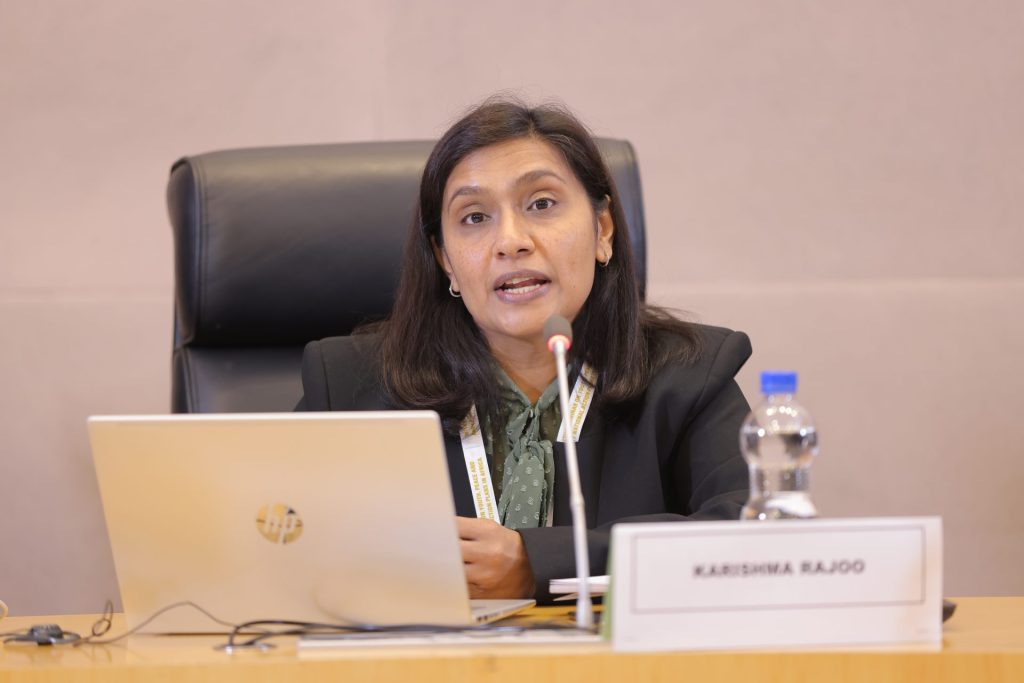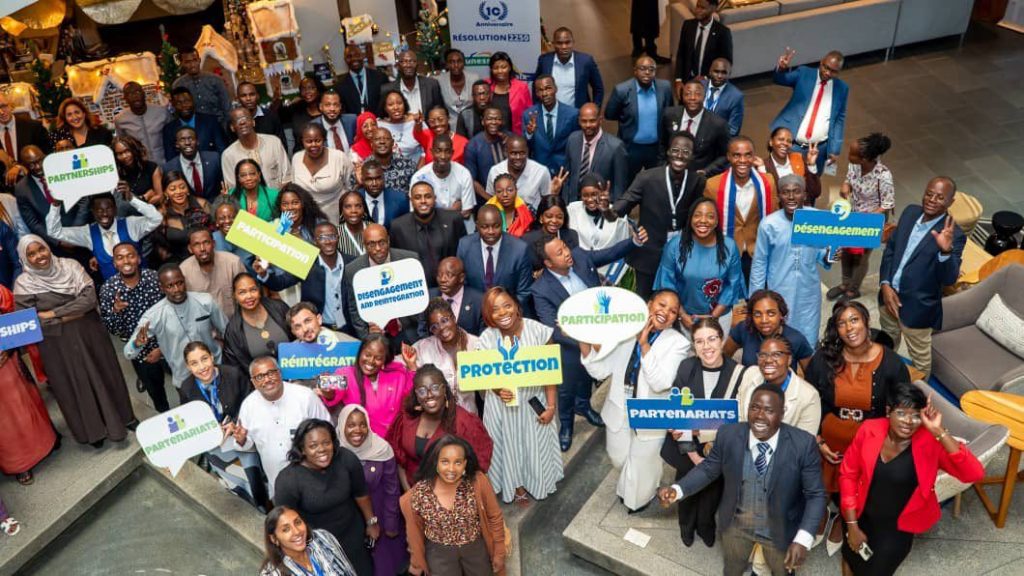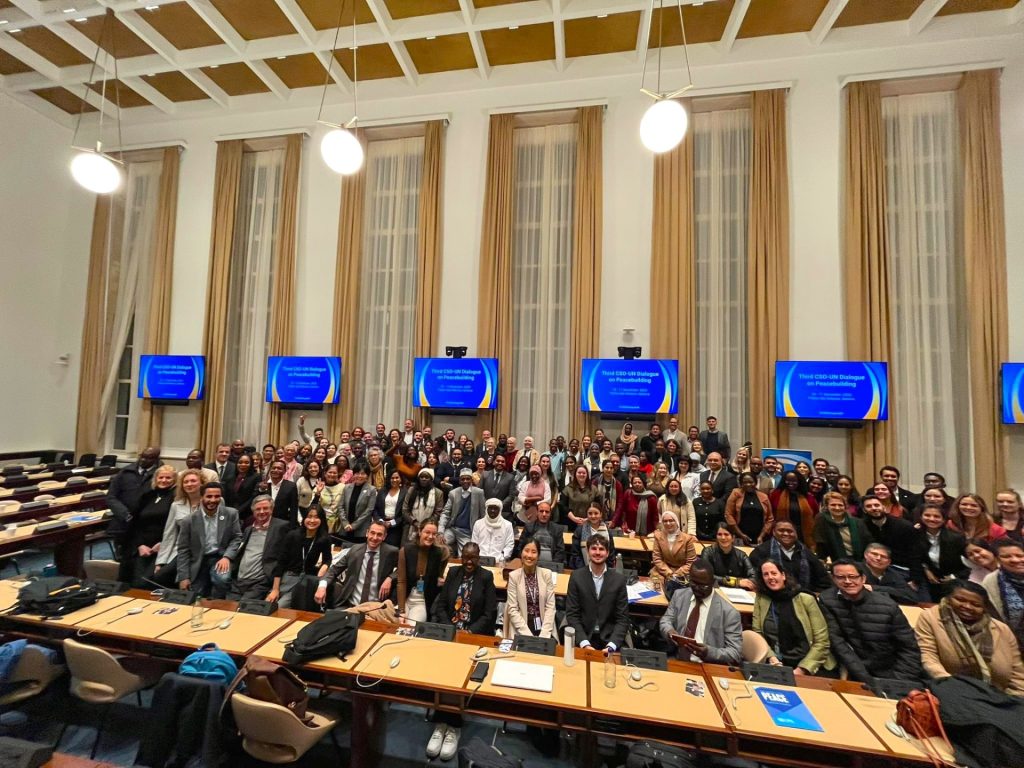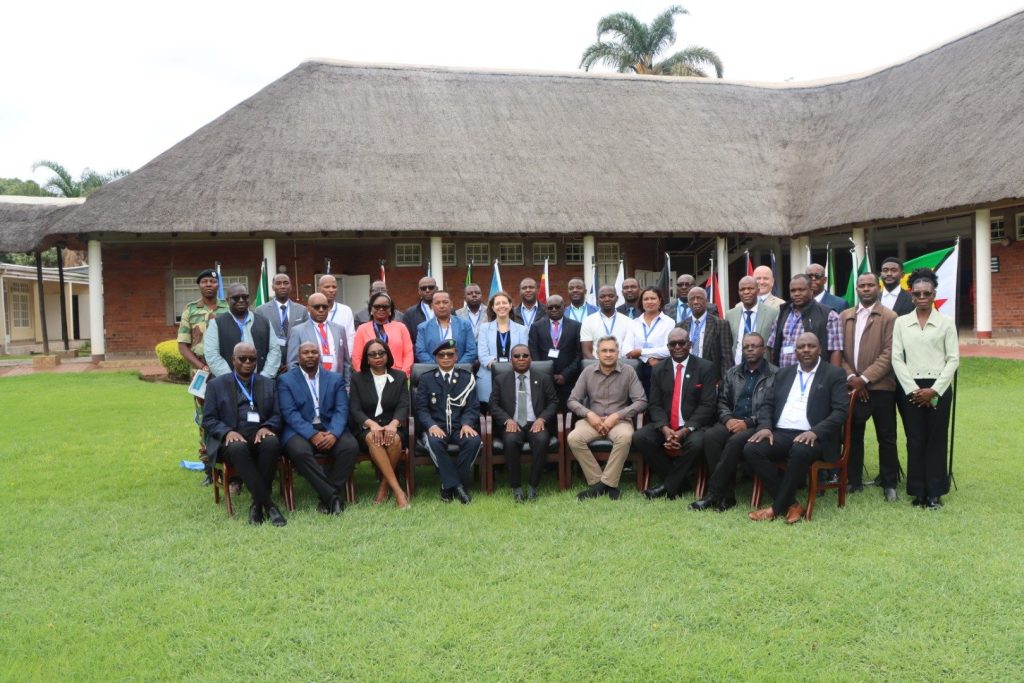Over the years, there has been rising awareness and a substantial increase in commitments to gender mainstreaming in peace and security. The last 20 years have seen a significant increase in global and national commitments to gender mainstreaming. There is now greater recognition of the centrality of gender equality and women’s empowerment to sustainable development and post conflict reconstruction. In the longer run, it aims at transforming discriminatory social institutions, recognizing that discrimination can be embedded in laws, cultural norms and community practices. Such progressive changes rely on access to data, gender expertise, sound analysis, supportive cultures, responsive budgets, training and the mobilization of social forces. In supporting these transformations, ACCORD/TfP participated in the review of the curriculum on Gender Mainstreaming and dealing with Sexual and Gender Based Violence (SGBV) in Peace Support Operations and other Special Missions from 5-11 March 2017 in Addis Ababa, Ethiopia. The review was organized by the Training for Peace (TfP) programme.
SGBV can undermine long-term state stability and security even after states have transitioned out of violent conflict. To date, few ceasefire or peace agreements include provisions for conflict-related sexual violence. If left unaddressed, sexual violence can be used as a means to continue acts of war outside the purview of agreements and monitoring teams, which can triggerescalation of conflict. Systematic SGBV can be a strategic weapon of war to destabilise communities. Addressing SGBV is paramount to security. SGBV often does not stop when the war ends, and therefore actors should therefore continue building capacities to respond to these issues.
Gender training has been promoted as a key strategy in efforts to mainstream gender perspectives into peace operations. Mainstreaming gender in training curriculum is key in ensuring that the outcomes of the training undertaken by different actors respond to the different needs and interests of all genders in the society. Tailored training to build capacities of the peace support operations personnel is key in effectively preventing and responding to these challenges.
Mainstreaming gender and being gender responsive calls for ‘meaningful’ transformation and tangible shifts within institutions and in the processes that guide the work in peace and security including training. The curriculum review workshop involved the revision of the modules earlier developed and piloted by TfP. The revised curriculum will be used to further build the capacities of the personnel serving or expected to serve in peace support operations and special missions allowing for a strengthened understanding and integration of gender issues in peace missions, a key objective to ACCORD’s work.







